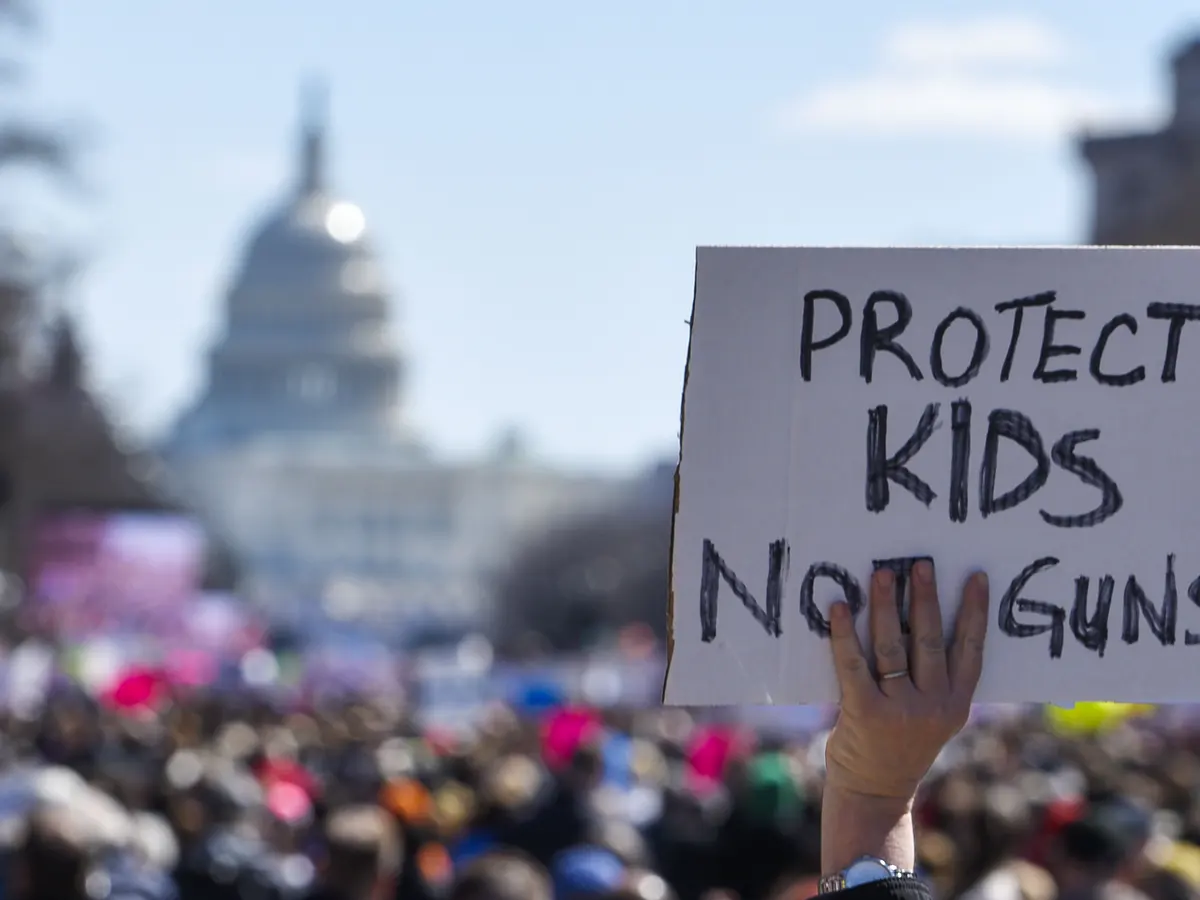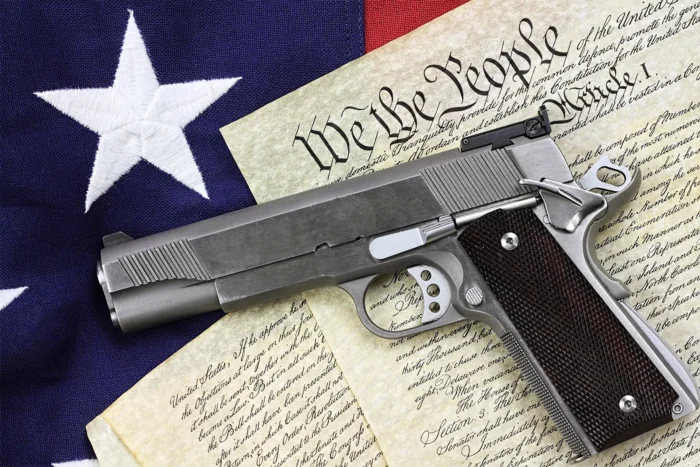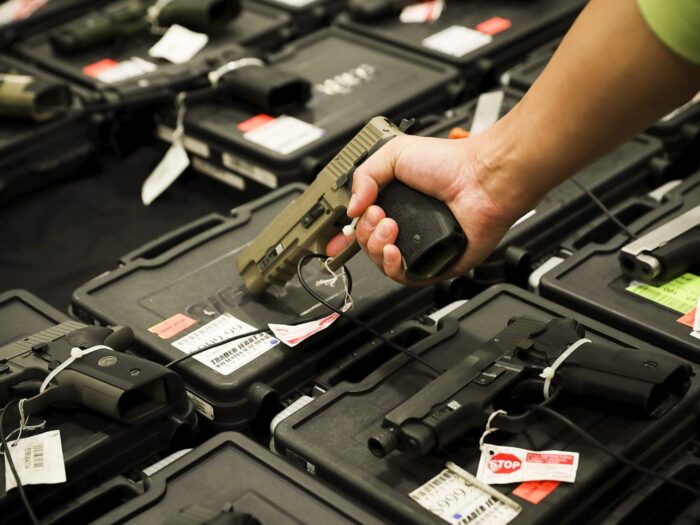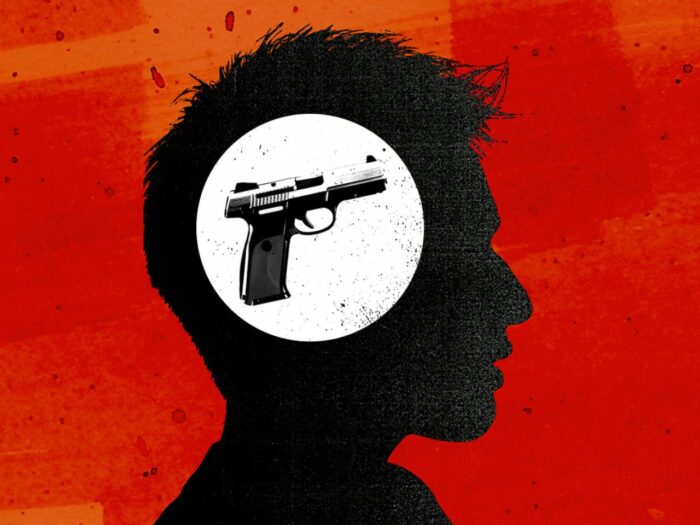
The topic of gun control continues to be a subject of passionate debate, stirring emotions and dividing opinions. Striking a balance between individual rights and public safety is no easy task. Both sides of the argument present valid concerns and perspectives, making it essential to delve into the intricacies of this complex issue. By exploring the historical context, legal framework, public safety concerns, gun violence statistics, and the perspectives of proponents and opponents, we can gain a comprehensive understanding of the gun control debate and the importance of finding common ground.
Historical perspective: Understanding the origins and evolution of gun rights
To grasp the roots of the pistol control debate, we must delve into history. The right to bear arms is deeply ingrained in American culture, originating from the colonial era and later enshrined in the Second Amendment of the United States Constitution. At the time, citizens relied on firearms for self-defense, hunting, and protection against potential tyranny. However, as society has evolved and faced new challenges, the interpretation of this right has become a subject of intense discussion. The emergence of online gun stores, for instance, has added a new dimension to the debate, raising concerns about the accessibility and regulation of firearms in the digital era.

Legal framework: Examining the Second Amendment and its interpretation.
The Second Amendment, which states, “A well regulated Militia, being necessary to the security of a free State, the right of the people to keep and bear Arms, shall not be infringed,” has been the cornerstone of the pistol rights argument. The interpretation of this amendment has evolved over time, with various court decisions shaping its meaning. Some view it as an individual right, while others argue for a collective interpretation tied to militia service. Understanding this legal framework is crucial to comprehending the differing perspectives on gun control.
Public safety concerns: Highlighting the impact of unregulated firearms on society.
One of the key concerns in the firearm control debate revolves around public safety. Unregulated firearms can contribute to an increased risk of accidents, suicides, and homicides. The accessibility of firearms without proper background checks or waiting periods has raised concerns about the potential for impulsive acts of violence. Incidents of mass shootings have shocked communities and ignited calls for stricter firearm control measures. Acknowledging these concerns is vital in any discussion on gun control, as ensuring the safety and well-being of the general public should be a paramount consideration.

Gun violence statistics: Presenting data on firearm-related incidents and their consequences.
Statistics surrounding firearm violence shed light on the urgent need for effective gun control measures. Each year, thousands of lives are lost due to firearm-related incidents. These tragedies impact not only the victims and their families but also communities as a whole. It is essential to analyze these statistics objectively to understand the magnitude of the problem and evaluate potential solutions. By doing so, we can foster informed discussions and develop evidence-based policies that address the underlying causes of pistol violence.
Proponents of stricter gun control: Arguments for enhanced regulations and background checks.
Advocates for stricter gun control emphasize the importance of enhanced regulations and comprehensive background checks. They argue that these measures can help prevent individuals with a history of violence or mental illness from obtaining firearms. The aim is to create a system that ensures responsible firearm ownership and reduces the risk of firearms falling into the wrong hands.

Gun rights advocates: Exploring the perspective of individuals supporting the right to bear arms.
On the other side of the debate, proponents of gun rights argue that restrictions on firearms infringe upon their individual liberties. They contend that responsible pistol ownership is a fundamental right and a crucial means of self-defense. Firearm rights advocates often emphasize the importance of personal autonomy and the ability to protect oneself and loved ones from potential threats. They argue that increased regulations may disproportionately burden law-abiding citizens without effectively addressing the root causes of gun violence.
Balancing individual rights and public safety: The challenge of finding common ground.
Finding a balance between individual rights and public safety is a challenging task. Stricter gun control measures can help reduce the risk of firearms falling into the wrong hands and mitigate the devastating impact of pistol violence. However, it is essential to ensure that these measures do not unduly infringe upon the rights of law-abiding citizens. Constructive dialogue and evidence-based policies can contribute to finding common ground, where the concerns of both sides are addressed, and public safety is prioritized without compromising individual liberties.

International comparisons: Analyzing gun control policies in other countries and their outcomes.
Examining gun control policies implemented in other countries can provide valuable insights. Countries such as Australia and Japan have enacted stringent gun control measures with notable success in reducing firearm-related incidents. These examples showcase how a nuanced approach to revolver control can be effective in safeguarding public safety. However, it is crucial to consider cultural and societal differences when assessing the applicability of these policies to a diverse nation like the United States.
Mental health considerations: Addressing the role of mental health in gun violence prevention.
Addressing mental health concerns is an essential aspect of gun violence prevention. Individuals with mental illnesses should have access to appropriate care and support. By prioritizing mental health services, society can work towards identifying and assisting individuals who may pose a risk to themselves or others. Combining mental health initiatives with sensible gun control measures can create a comprehensive approach to reducing revolver violence. However, it is crucial to approach this issue with sensitivity, avoiding stigmatization and recognizing the vast majority of mentally ill individuals who are not violent.

Conclusion: The importance of a nuanced approach to gun control.
The debate on gun control is multifaceted, encompassing historical, legal, societal, and public safety aspects. Striking a balance between individual rights and public safety requires careful consideration of evidence, dialogue, and a commitment to finding common ground. A nuanced approach that combines enhanced regulations, comprehensive background checks, mental health initiatives, and an examination of successful international models can pave the way for a safer society. By fostering an inclusive and informed discussion, we can work towards a future where individual rights are respected, and the well-being of all citizens is protected.





